Railroad Commission Files Complaint
The Texas Railroad Commission (RRC) has filed a complaint with the Federal Aviation Administration (FAA) against Sarah Stogner, an oil and gas attorney and candidate for the 143rd district attorney. The complaint alleges that Stogner violated temporary flight restrictions with her drone to capture footage of a blowout in Crane County. Despite the Legal trouble, Stogner stands by her actions.
Stogner Defends Drone Use
Stogner, who is known for her criticism of the RRC, was one of the first to document the blowout with her drone in December 2023. She believes her drone was essential to expose the situation.
“It’s really the only way in some of these remote locations when they keep you off of the site,” she said. “It’s the only way to see what’s happening and to document what’s happening.”
High Stakes in Crane County Blowout
The blowout led to significant environmental damage, with high salt and benzene levels detected in the water flow. Vegetation over approximately 30 acres was destroyed. The RRC responded on December 7, and a Temporary Flight Restriction was placed a week later. The leak was finally plugged on January 21, costing $2.5 million.
Stogner’s Public Confession
In January 2024, Stogner admitted on LinkedIn to violating the flight restrictions.
“Yes, I am risking losing my pilot’s license and a misdemeanor because Texans deserve to know that their government is failing to protect them,” she wrote. She emphasized the need to stand up for groundwater protection.
FAA’s Response and Potential Penalties
The FAA is investigating the unauthorized drone use. Stogner risks losing her pilot’s license and facing substantial fines. The RRC claims her drone flights posed safety risks to personnel, a charge Stogner denies.
“The Commission feels it is appropriate to report such willful violations of federal flight restrictions to the FAA by a person who is not only an attorney but also an FAA licensed pilot,” an RRC spokesperson stated.
Justifying Civil Disobedience
Stogner cites a previous incident in January 2022 to justify her actions.
“When the first Crane geyser happened, and they got a temporary flight restriction then, and I respected it,” she said. “It kept us from seeing what was happening, and it prevented me from gathering evidence.”
Possible Legal Battle
Stogner is prepared to fight any legal actions by the FAA.
“Sometimes willful disobedience is necessary. When laws are unjust, they deserve to be broken, and you have to live with the consequences of those actions,” she said. She plans to exhaust all legal remedies if prosecuted.
DroneXL’s Take
Stogner’s case highlights the tension between regulatory compliance and the need for transparency in environmental incidents. Drones have become vital tools for documenting remote or restricted areas, providing crucial insights that might otherwise be hidden. While safety and legal boundaries are important, the use of drones for public interest and accountability can’t be overlooked. This incident might prompt a re-evaluation of flight restrictions in emergency scenarios to balance safety with the need for public awareness.
Photo courtesy of Sarah Stogner.
Discover more from DroneXL
Subscribe to get the latest posts to your email.
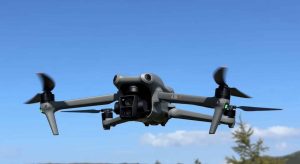
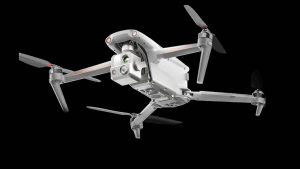

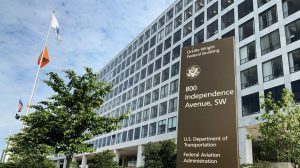
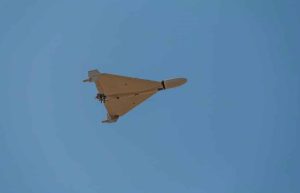
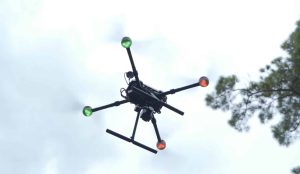
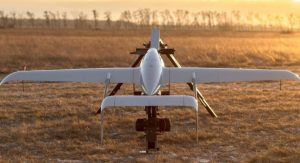
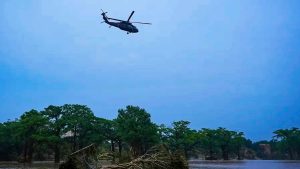
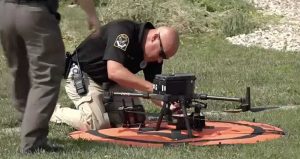
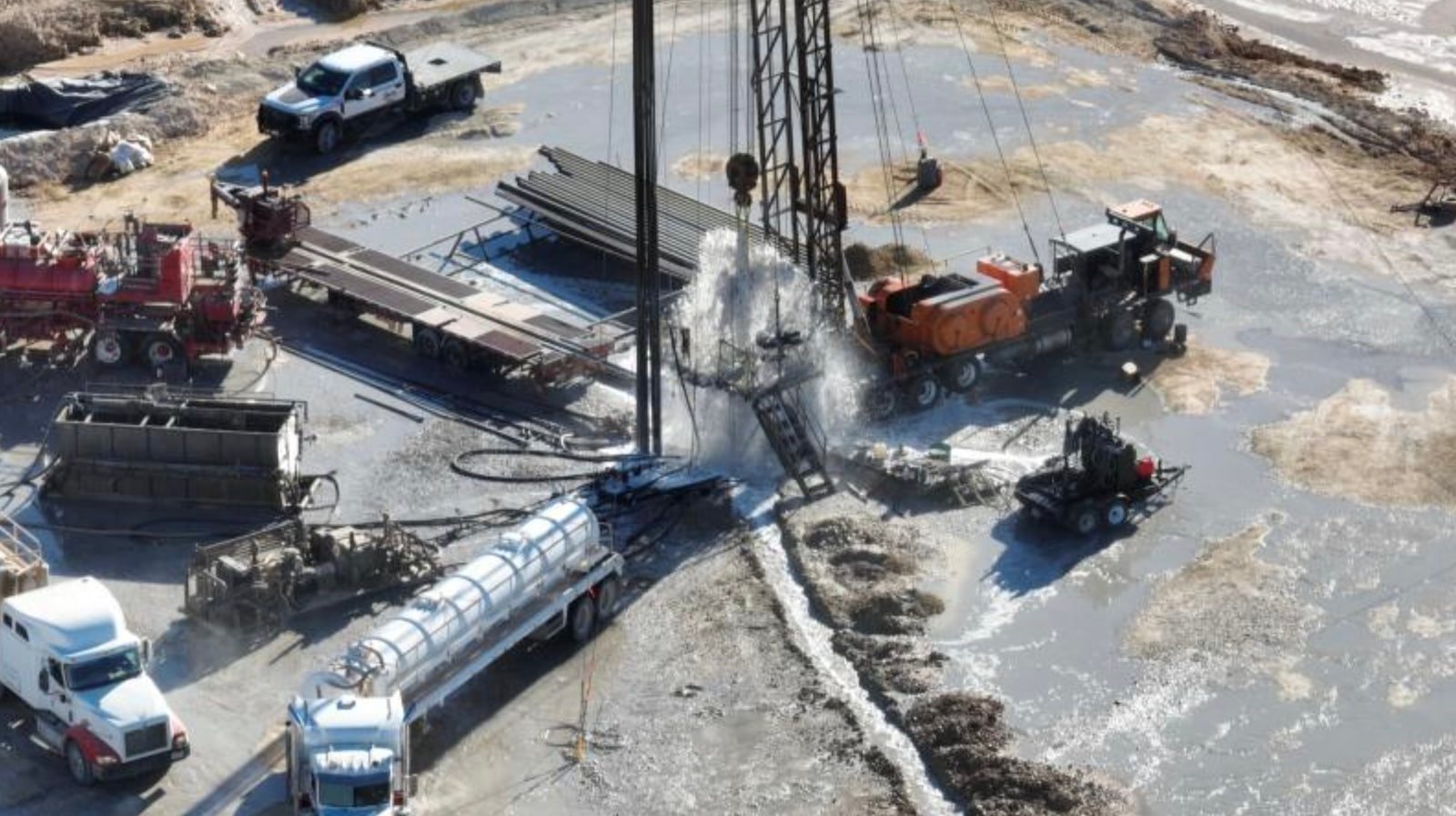
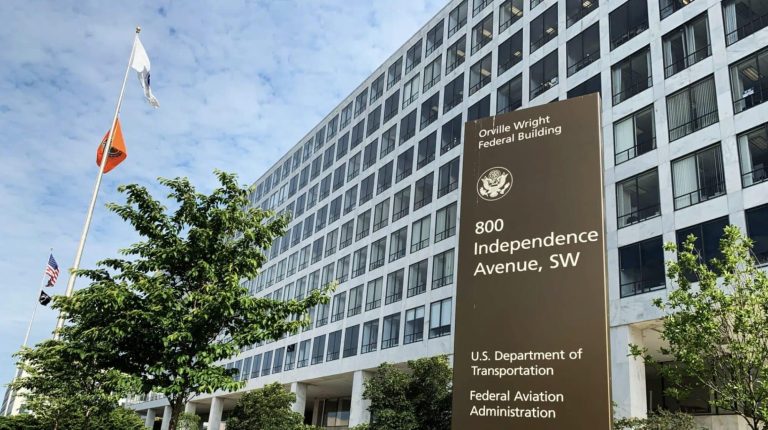
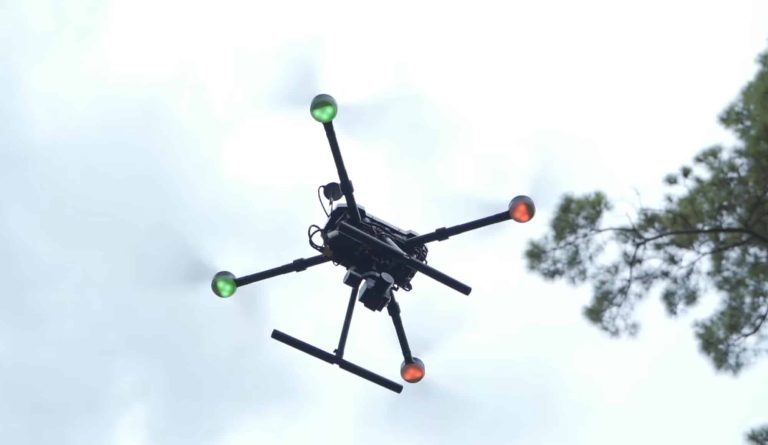
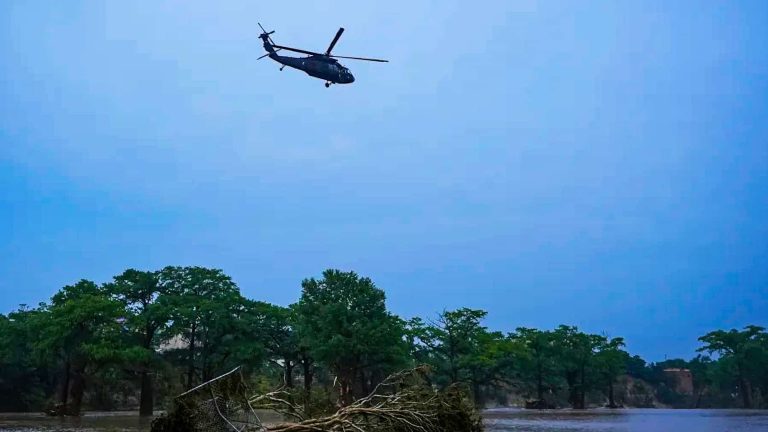
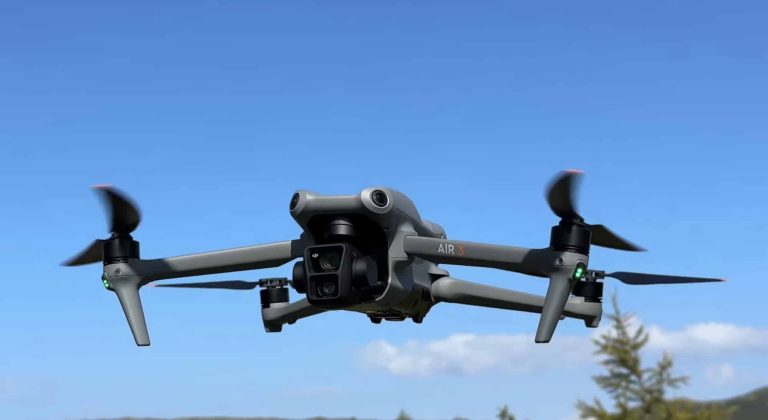
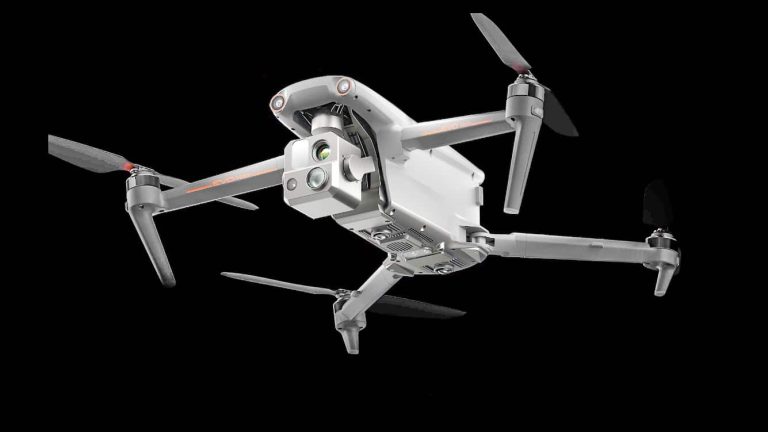


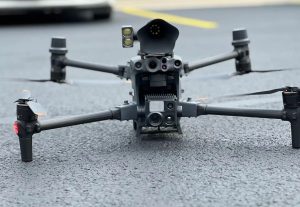
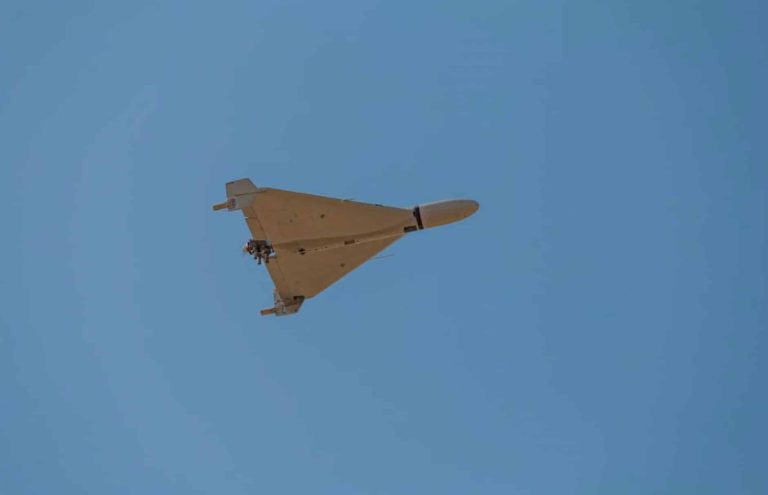
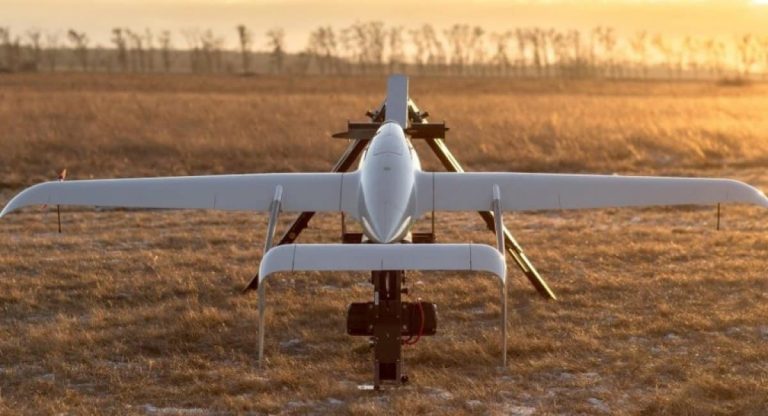
+ There are no comments
Add yours